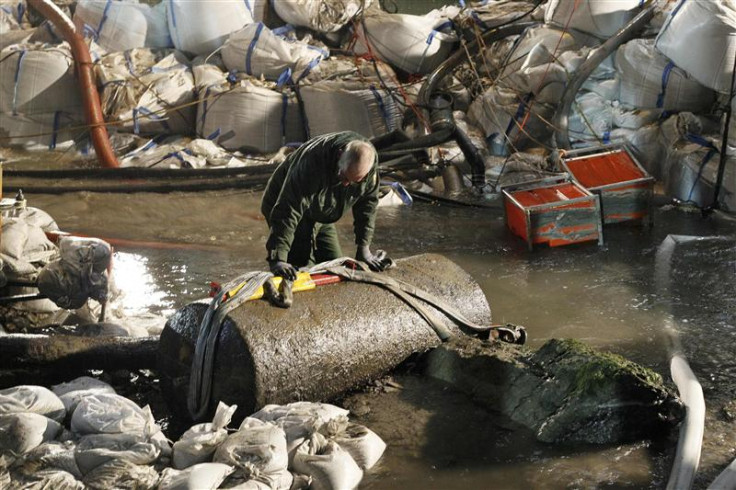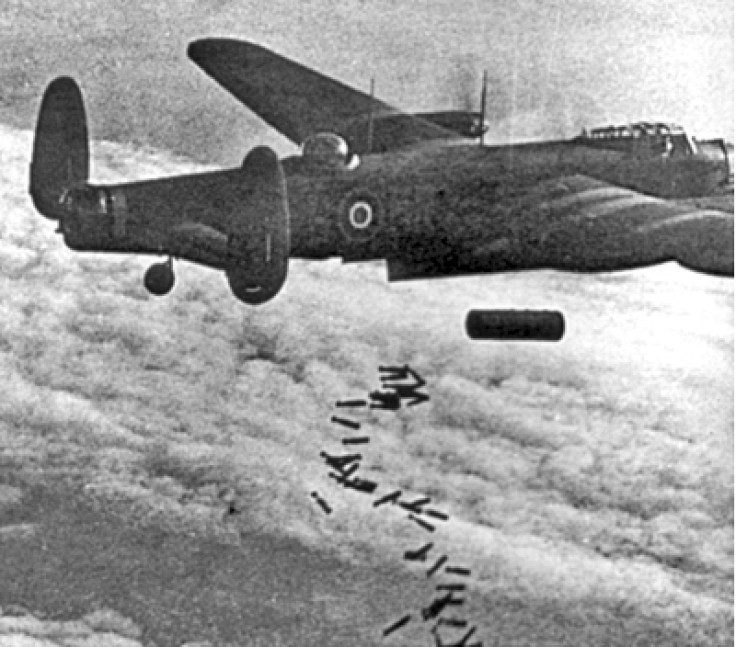17,000 Evacuated from Dortmund, Germany, After 1.8 Tonne British Bomb Found
Discovery of unexploded World War II 1.8 metric ton bomb forces evacuation

Around 17,000 people are being evacuated from a residential area of Dortmund, Germany today following the discovery of a massive unexploded bomb thought to have been dropped by a British bomber during World War II.
The unexploded ordnance was uncovered in the city's Hörde district during building work at a pump manufacturer. Everyone within a radius of 1.5km began to be evacuated at noon local time so the bomb could be be safely defused.
MORE: 20,000 people evacuated in #Dortmund, #Germany due to disposal of 1.8 ton WWII bomb http://t.co/myJU2NiKR6 pic.twitter.com/5Y9t0GMrDA
— Sputnik (@SputnikInt) November 30, 2014Local authorities believe the type of explosive in the bomb is several times more powerful than conventional explosives, according to the Kolnische Rundschau newspaper.
Between 10% and 20% of all bombs dropped on Germany during World War II are thought to have not exploded on impact, which means ordnance continues to be uncovered 70 years later.
Unexploded devices are often found at building sites and when aerial surveys of new property take place. It has been estimated there could be 250,000 unexploded bombs in Germany.

In August flights from Frankfurt airport were disrupted following the discovery of a 500kg bomb next to a highway nearby.
The device had to be blown up in a controlled explosion because it proved too difficult to defuse.
Since 2000 11 members of Germany's bomb-disposal units have died while attempting to defuse unexploded bombs. Three died in Göttingen, East Germany in 2010 when a huge bomb exploded as they worked on it.
Many of the potential dangers are now being found with the help of those who dropped them bombs in the first place – the RAF.
Edinburgh's National Collection of Aerial Photography (NCAP) has 10 million images taken before, during and after bombing raids over Germany. These can be used as clues by German bomb-disposal teams to find potential sites.
Unexploded ordnance from WWII continues to be a problem in Britain.
Following the floods of 2014, six bombs were made safe by bomb-disposal teams in south-west England and west Wales.
© Copyright IBTimes 2024. All rights reserved.






